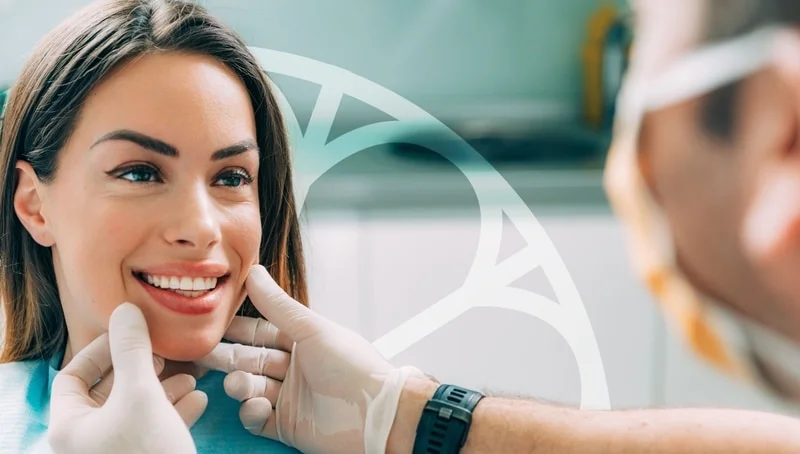Prosthodontics - Teeth Restoration in Bristol
Prosthodontics, also known as dental prosthetics or prosthetic dentistry, is the specialist area of dentistry that focuses on restoring natural teeth or placing a natural looking substitute to replace missing teeth or parts of the mouth, these can be in the form of a permanent or temporary placement…
Prosthodontics - Teeth Restoration in Bristol
Prosthodontics, also known as dental prosthetics or prosthetic dentistry, is the specialist area of dentistry that focuses on restoring natural teeth or placing a natural looking substitute to replace missing teeth or parts of the mouth, these can be in the form of a permanent or temporary placement…
What is Prosthodontics?
A Prosthodontist is a specialist dentist who has spent an additional 3 years in full-time study. Prosthodontists are trained to restore your mouth comprehensively using their specialist knowledge and skills together with the latest techniques and modern materials.
Their aim is to get your mouth fully restored to optimal function and appearance and in doing so, maintain your teeth for as long as possible to reduce the need for future dental treatment.
What services does a Specialist Prosthodontist offer
- Aesthetic dentistry
- Restoration following dental implant placement
- Complex full mouth rehabilitations
- Crowns and bridges
- Porcelain veneers
- Re-treatment of failing dentistry
- Tooth wear
- TMJ (jaw) and bite problems
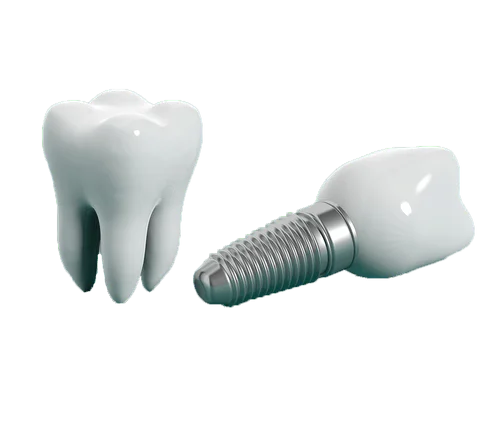
Dental crown (cap over the tooth)
When a tooth is very broken down it may no longer be possible to restore the remains of the tooth by using a conventional filling. It becomes necessary to use a dental crown, which can be made of metal or ceramic, or a combination of precious metal and ceramic.
Many of the new aesthetic anterior crowns are made entirely of porcelain or one of its equivalents. In patients who are particularly hard on the teeth it may be necessary to construct the biting surface of the tooth in metal, such as gold or a high gold content metal alloy.
Inlay / Onlay
An inlay or onlay is a gold or cast metal alloy or ceramic filling which sits in or on the tooth. When more than two thirds of the biting surface of the tooth has been destroyed and replaced by filling it may become necessary to restore the integrity of the tooth by covering the biting surface with a metallic component.
Some of the remaining filling material is removed and an impression taken before reconstructing the normal contour of the tooth using metal. In some cases, it is possible to use an all ceramic inlay / onlay.

Conventional restorations
Conventional restorations are often referred to as fillings.
At Bristol Dental Specialists we do not use amalgam filling material. Both the posterior (back) and anterior (front) teeth can now be restored with a tooth-coloured, composite filling material. This is indistinguishable from the tooth enamel..
Removable Partial Denture
A partial denture is often used to replace a failing tooth as an immediate measure. With prior notice much of the laboratory work can be completed before the tooth is extracted and the denture is inserted into the mouth at the time of dental extraction. This type of denture is called an immediate denture and is usually made of acrylic.
When a patient has an immediate dental implant placed (at the same time as extracting a tooth), an immediate denture might be fitted as part of the treatment plan. This means that the patient can have a tooth extracted, have an immediate denture fitted at the time of extraction and not have any time when they are without a tooth. The immediate denture is made on a prediction of the final shape of the jawbone, following the extraction. This is not an exact science and the immediate denture will often need to be adjusted following the extraction. We will often review the patient as soon as possible to allow the denture to be adjusted.

Definitive partial denture
When it is not possible for a patient to have dental implants or a conventional bridge then a removable partial denture can be used to replace missing teeth. This has the advantage to affect bone replacement at the time of denture construction.
A component of the denture mimics the appearance of the gum and avoids the need for excessively large teeth to fill a space where bone has been lost following the extraction of the tooth. Excessive bone loss may occur when a patient has lost teeth in a traumatic accident, when bone removal has been necessary to carry out surgical extraction or when there has been a long-standing history of gum disease.

Adhesive dentistry
The advent of modern dental adhesives enables us to bond prosthetic teeth to healthy teeth, without the need for conventional crown and bridge preparation, which is damaging to an otherwise healthy tooth. Adhesive bridgework can be used as a temporary measure when the replacement tooth is made of acrylic as it can be easily adjusted. Many patients prefer this method of tooth replacement, over a removable denture to cover the time following tooth replacement before a dental implant is placed.
This type of bridge used to be called a Maryland bridge and although the original use had been as a temporary measure it soon became apparent that patients were able to wear such a bridge for many years without complaint. It avoids the unpleasant experience of having to have a dental plate covering the roof of the mouth, which some patients can find cumbersome and disrupt the pleasure of eating.
Conventional upper and lower complete dentures
When a patient has lost all remaining natural teeth, it is often necessary to have conventional dentures made. These may be constructed and fitted at the time of extraction, in the first instance, as an immediate solution. Immediate complete dentures can later be converted into a definitive solution.
However, implant dentistry has completely transformed our approach to treatment of missing teeth, and we are now able to use dental implants to help retain conventional (removable) upper and lower complete dentures or to improve the retention of conventional partial dentures, where some of the teeth are missing.


Full mouth rehabilitation using dental implants and fixed bridgework
Many patients would prefer to have an entirely fixed prosthesis and if six dental implants are placed in the upper jaw and four in the lower jaw then it is possible to carry out an entirely fixed reconstruction of the toothless upper and/or lower jaw. The nature of the bone in the upper jaw is such that it is spongy when compared to the lower jaw and as a consequence, more dental implants are required to enable an upper fixed (implant-born) bridge to be installed.
The lower jaw has a much harder bone structure which makes it better able to accommodate dental implants and once dental implants have been placed, a fixed reconstruction can often be retained on four or five dental implants depending on the nature and distribution of the suitable bone available for implant placement.
At Bristol Dental Specialists, our restorative specialist will assess the patients suitability for treatment, and if suitable, this work would usually be carried out as a multi-disciplinary case with our Specialist Prosthodontist.
WHAT OUR PATIENTS SAY

“Adrian is technically excellent. The result is treatment that is painless, feels good, looks right and works well.”
– Derek, dental implant patient

“My husband went here for implants and it’s fair to say the result was so good, Adrian (the implant surgeon) saved our marriage! 100% recommend.”
– Zoe, wife of dental implant patient

“Thank you Adrian for all you have done. I am delighted with the result, the quality of the work is simply first class. The teeth are comfortable in my mouth, they look great, they look natural and people can’t tell at all, they simply think I’ve got nice teeth.”
– I Maddison, dental implant patient
Opening Hours
Monday 8.00am – 7.00pm
Tuesday 8.00am – 7.00pm
Wednesday 8.00am – 6.00pm
Thursday 8.00am – 6.00pm
Friday 8.00am – 2.00pm
Saturday By arrangement only
Sunday Closed
Bristol Dental Specialists Ltd Registered in England & Wales company number 11696017
Bristol Dental Specialists, 24 Berkeley Square, Bristol, Gloucestershire, BS8 1HP. Telephone 0117 450 6666. Bristol Dental Specialists Ltd trading as Bristol Dental Specialists is a credit broker not a lender and is authorised and regulated by the Financial Conduct Authority, 914167. Registered in England & Wales 11696017. Registered Address: 24 Berkeley Square, Bristol, Gloucestershire, BS8 1HP.
© Copyright Bristol Dental Specialists 2020-24 | Website by QualiConvert
